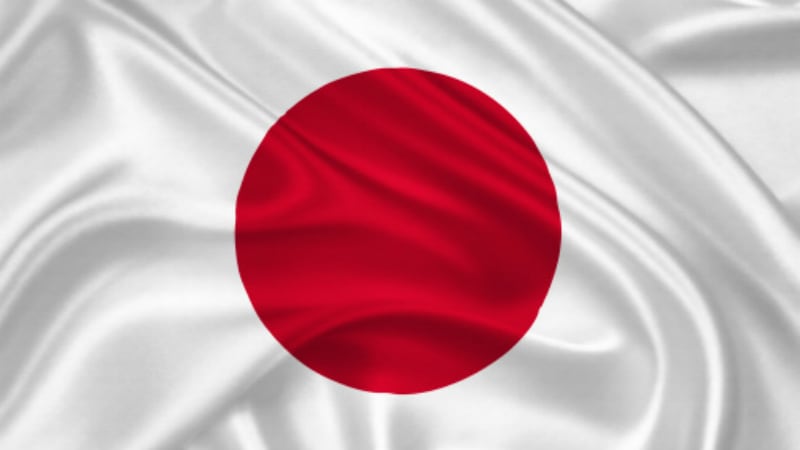Blackmores Q1 sales up but profit dragged down by rising raw material costs
Blackmores Q1 sales increased by 7.7% year-on-year, but profits were dragged down by rising raw material costs, says parent company Kirin Holdings in its Q1 FY25 results.
Blackmores saw an increase in revenue in all its major markets. The biggest growth came from the South East Asian and South Korean markets, where revenue climbed 15.9% from AUD36m (USD23.1m) to AUD42m (USD26.9m).
The increase in revenue was said to be driven by new launches as well as increase in product prices.
One month to go: Submit your entries for NutraIngredients-Asia Awards by Jun 16
This year, there are a total of 17 award categories across the three main categories of 1) Ingredient of the Year, 2) Product of the Year, and 3) Specialty Awards.
The awards are open to any companies active in Asia-Pacific’s nutraceutical and functional foods market.
Entry submission closes on June 16, 2025 and you can submit your entries here.
Poor sleep more common in adults in 30s - Asahi Group Foods survey
A consumer survey by Asahi Group Foods has revealed that poor sleep is more common in adults in their 30s as compared to other age groups.
Among the former, 66.7% said that they did not feel energised after waking up. In contrast, only 26.7% of seniors in their 60s said they have the same experience.
The Japanese company operates business across foods, infant formula, and health supplements.
Opportunities for dietary fibre fortification in Japan’s RTE, bakery sector
Ready-to-eat meals, bakery and granolas are some of the categories where opportunities abound for fibre and prebiotic fortification in the Japanese market.
This is according to Australia-based The Healthy Grain (THG), which supplies to Super Barley BARLEYMAX, an Australian-grown non-GMO superfood said to be rich in total dietary fibre, protein, and also contains prebiotics.
THG has been selling BARLEYMAX to food companies since 2018, with Japan, Australia, and New Zealand as its main markets.
Japan tightens dairy rules to improve standardisation, probiotic fortification safety
Japan is introducing new food safety documentation rules for milk product manufacturers, as well as functional foods, drinks, and infant formula containing probiotics.
For instance, it will be mandatory for companies to submit documents on name and address of the manufacturing facility, product name, ingredients used and the mixing ratios.
This is according to an announcement by the Consumer Affairs Agency.




